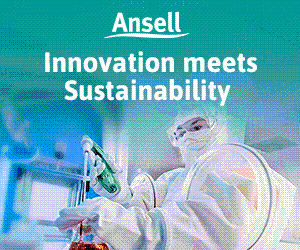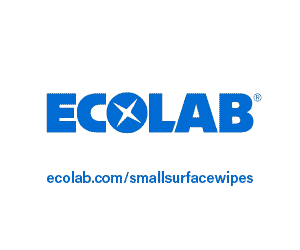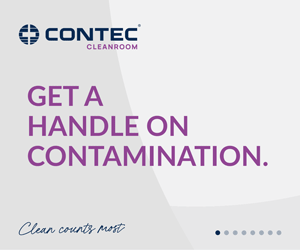Supply chain security is a phrase often mentioned across a range of industry sectors. Initially it referred to preventing counterfeit goods from reaching the market, but it has come more recently to signify the need to exercise control on all links in the chain – from the suppliers of raw materials and the equipment used to process them to the packaging and the way goods are handled on the way to their final destination.
It is all well and good observing the most rigorous standards of cleanliness within a cleanroom facility, but there needs to be equally strict inspection of everything that comes onto the site. Similarly, unless there are controls on how products are treated once they leave the clean area there is every chance that they will not reach the recipient in the intended condition.
Pharmaceuticals and food are both sectors where mishandling before and after – as well as during – manufacture can have a devastating effect on health and safety, not to mention the potential waste through spoilage. But how far beyond immediate suppliers should scrutiny of the supply chain stretch?
If medical device manufacturers are looking at the raw materials used by their primary suppliers, and semicon companies are relying on the ultrapure standards of their chemical providers, how long before it becomes routine for hospitals to carry out health screening on patients prior to admission, or even on relatives wanting to visit patients?
This may be taking things to extremes, but one thing is certain: there has never been a better time for suppliers of goods and services to the controlled environment sector to clean up their act.




